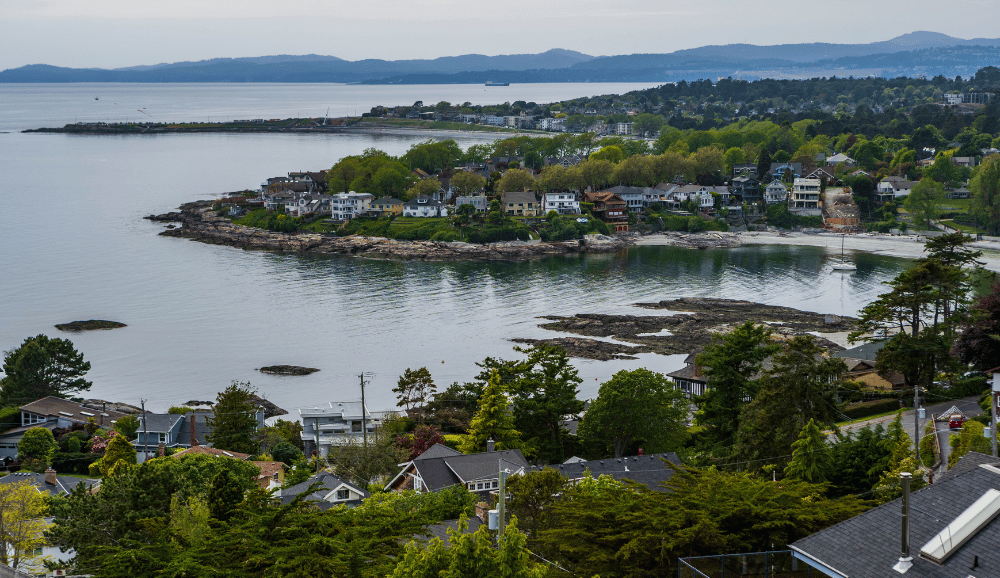Short-Term Rental Changes: What You Need To Know
The province of B.C. has recently implemented a series of legislative changes aimed at regulating the burgeoning short-term rental market greatly driven by online platforms such as Airbnb, VRBO, Expedia, and FlipKey. While these regulations do not currently impact Invermere directly, property owners should stay informed as future regulations may be enacted, potentially influencing the local landscape.
The core objectives of the Short-Term Rental Accommodations Act are to:
- Give local governments stronger tools to enforce short-term rental bylaws, allowing municipalities to take stronger actions against those who don’t adhere to the regulations.
- Return short-term rental units to the long-term rental market in an effort to restore balance to housing availability, especially in areas with high housing needs.
- Establish a new provincial role in the regulation of short-term rentals, streamlining and standardizing the regulations across the province.
These changes are set to take effect on May 1, 2024, and are poised to yield substantial impacts.
3 Changes To Short-Term Rental Regulations:
In alignment with the overarching objectives of the Short-Term Rental Accommodations Act, several pivotal changes have been introduced to regulate the short-term rental market effectively.
- Principal Residence Requirement: British Columbians can legally rent out only their primary residence and one additional secondary suite for short-term rentals. This requirement aims to refocus housing resources toward long-term rental markets.
- Maximum Fine Will Rise: Municipalities have the authority to impose fines on non-compliant short-term rental operators. The maximum fine will rise from $1,000 to $3,000 per day.
- Mandatory Registration: All short-term rental hosts will be required to register with the provincial government to ensure that these rules are being followed.
What This Means For Property Owners
Currently, Invermere is exempt from this legislation due to its population of under 10,000. However, communities of this size have the choice to opt into this legislation or not. This exemption provides property owners in smaller communities the flexibility to decide whether these new regulations align with their interests and business operations.
Property owners and communities across the province, including the Grizzly Ridge team, will be navigating this transformation in the coming months.
We have received several inquiries from individuals interested in purchasing a lot at Grizzly Ridge with the intention of renting the property when unoccupied. While Invermere and RDEK are exempt from the legislation, municipalities can create their own regulations and it’s important to be aware of any new specific regulations governing short-term rentals. The Regional District of East Kootenay (RDEK), is working on outlining a detailed procedure for obtaining a permit for short-term rentals, which you can read more about here.
As these legislative changes unfold, we’ll be closely monitoring the situation and keeping you informed on how the new legislation may impact these plans.

